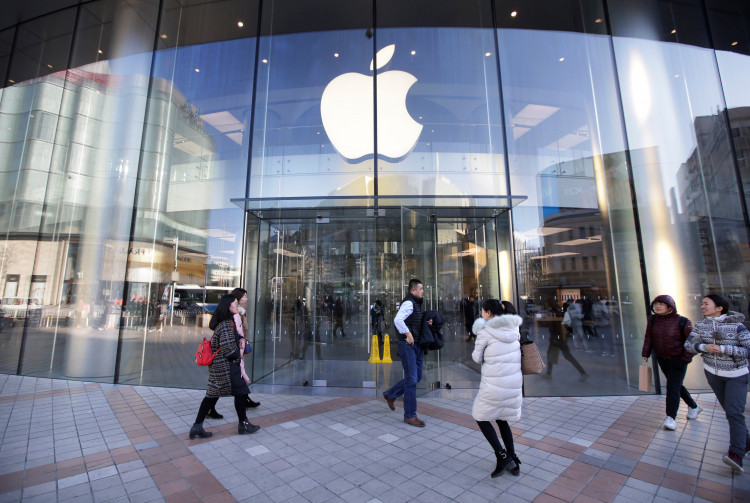Thanks to a recent ruling from the Intermediate People's Court in Fuzhou, China, Qualcomm now wants to halt sales of Apple's latest smartphone lineup in the Country. These include the iPhone XS Max, iPhone XS, and the iPhone XR. Sources believe that the mobile device chipmaker wants to establish even more pressure against the Cupertino tech company. However, reports can confirm that the latter continues to retail the models involved in the dispute.
According to the preliminary injunction awarded in favor of chipset manufacturer, the authorities allegedly found sufficient evidence that American tech firm infringed on two patents owned by the former. These comprise technology related to app management and photo size manipulation. Engadget reports that the products flagged include the iPhone X, 8, 8Plus, 7, 7 Plus, 6S, and 6S Plus. Therefore, retailers are requested to stop all sales and imports of the units in question.
Despite the imposed ban, Apple wants to appeal the early ruling. The brand likewise argues that the details of the injunction specifically only apply to products that run on iOS 11. It counters that all of the devices on the list are capable of running on iOS 12 after an update. So, in essence, the preliminary injunction does not really apply to all of the smartphones specified by the court. Nevertheless, it seems that Qualcomm is not backing down anytime soon and would like to include the newer models in the ban.
There analysts that want to caution the American brand's decision to continue the sale of its products. It was noted that the ruling specifically listed each of the models that should cease distribution in China. Additionally, the documents never brought up the subject regarding the operating system versions of the smartphones.
If the Chinese courts agree to include the 2018 iPhone models in the ban, it will become another big problem for the brand. Its latest trio of smartphone got off to a shaky start with slow sales and a myriad of problems reported by consumers. One of those, as reported by Forbes, ended up causing a fiasco over a charging defect that affected a number of units.
Both companies have been locked in heated battle in courts all over the globe. The industry speculates that there are no signs of its stopping anytime soon, reports Fortune. In fact, due to their legal conflicts, Apple announced that it will abandon Qualcomm chips in favor of another vendor, which is Intel. Courtroom decisions made in the United States and South Korea appear to agree with the former's accusation of latter's inflated royalty fees.






